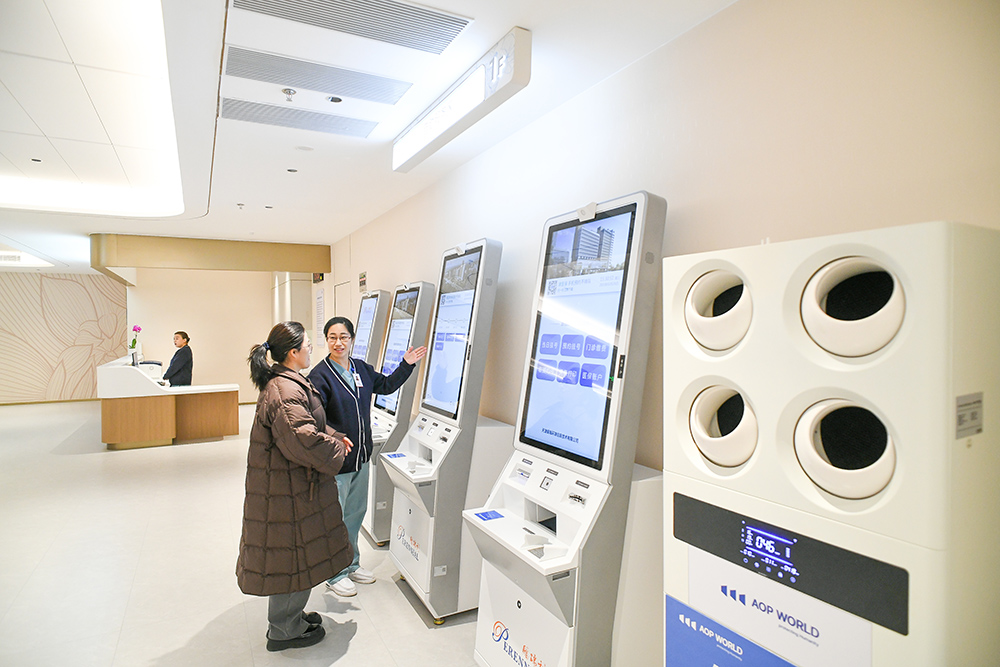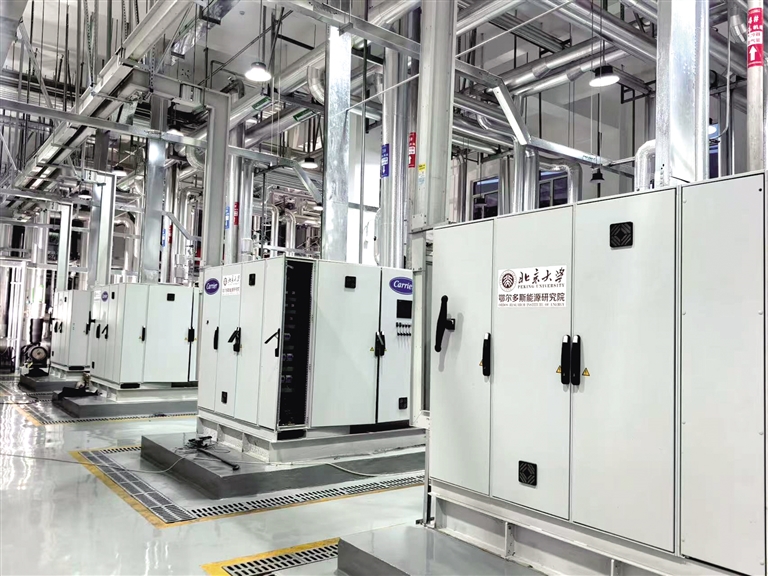Financial Street Forum 2025 explores China’s global innovation, green finance, and international partnerships.
The Financial Street Forum 2025 Annual Conference, held from Oct. 27 to 30, serves as a major platform for global financial exchange. Participants are engaging in lively discussions on global economic trends, financial governance, fintech, green innovation, and risk control. They also discussed how this international growth fosters shared prosperity.
“In London, there is capital seeking innovation. In China, there is innovation seeking capital,” said Jack Perry, CEO of London Export Corporation (LEC) and chairman of The 48 Group, a long-time promoter of China-West trade.
Perry believes robots — the “arms and legs of AI” — will soon become key Chinese exports. LEC now partners with Chinese robotics firms to distribute their products across Europe, the Middle East, and Latin America.
Furthermore, LEC helps Chinese firms comply with overseas data regulations and build research and demonstration hubs. “We aim to align Chinese ingenuity with Western investment and understanding,” Perry added.
In recent years, China has excelled in exporting high-tech and green products, especially the “new three”: new energy vehicles (NEVs), lithium-ion batteries, and photovoltaic products. Consequently, this growth has boosted the demand for financial services in export destinations.
Beat Strebel, president of Swiss Reinsurance Company’s China unit, noted that with reliable quality and a shift toward NEVs, Chinese automakers are now breaking into the European market. Swiss Re collaborates with Chinese partners to create localised solutions in more than 80 countries.
Strebel urged European retailers and insurers to work closely with Chinese manufacturers. This cooperation, he said, helps them better understand product features, repair technologies, and after-sales services for risk assessment. At the same time, he encouraged Chinese carmakers to study local insurance regulations carefully.
Joining China’s green transformation, HSBC shared its experience in supporting Chinese enterprises going global. The bank has also helped channel global green finance expertise and capital into China.
For example, HSBC provided long-term green financing to a Chinese battery maker building a plant in Europe. It also helped a Brazilian pulp and paper producer issue bonds in China’s interbank market.
Meanwhile, Omar Hafeez, group head of international banking at the First Abu Dhabi Bank, highlighted the bank’s efforts to expand RMB usage. This expansion follows a memorandum of understanding signed earlier this year between the Central Bank of the UAE and China’s Cross-Border Interbank Payment System (CIPS) to enhance payment cooperation.
Hafeez explained that, alongside dominant currencies such as the U.S. dollar, demand for local currency settlements is rising. Lower transaction costs, reduced exchange-rate risks, and greater certainty drive this trend.
In global capital markets, Hao Yusheng, chief representative of Nasdaq in China, praised Chinese companies for their progress and growth potential. He said U.S. listings remain mutually beneficial.
“Chinese enterprises can access global investor capital through U.S. exchanges to power their growth and innovation,” Hao said. “Meanwhile, investors gain strong returns through these partnerships.”
Written by Yi Shen, additional reporting by Xinhua.
If you liked this article, why not read: How China’s Tired Workers Powering a Billion-Yuan Sleep Economy











